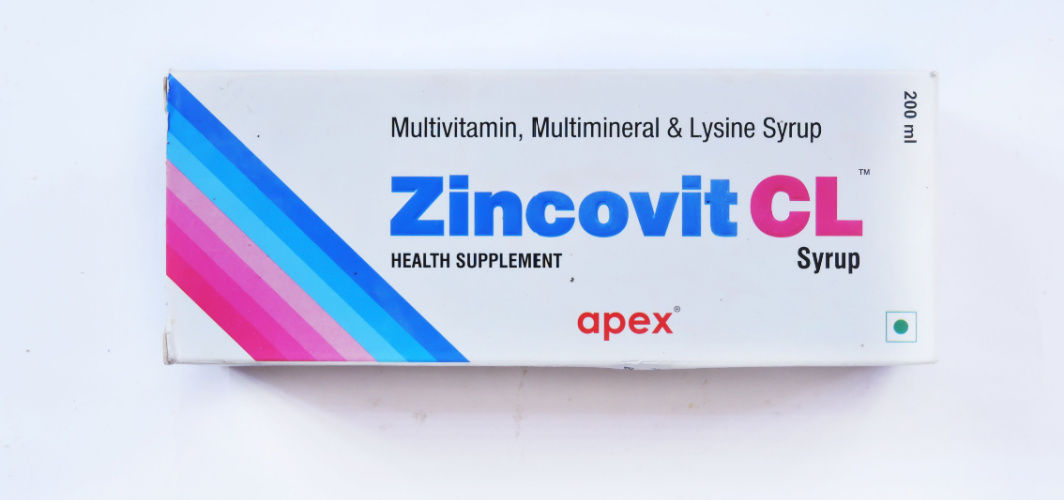General Health
New COVID Variant JN.1: Symptoms, Precautions, Vaccine Efficacy
By Apollo Pharmacy, Published on- 22 December 2023, Updated on -23 April 2024
Share this article
0
0 like

It seems like the battle against COVID-19 is going to last for eternity. Just when everything was looking bright and sunny, a new adversary emerged on the global stage – the JN.1 variant, belonging to the BA 2.86 (Pirola) sub-lineage. First detected in September 2023 in the United States, this COVID variant is slowly spreading its wings worldwide.
At least 35 nations across the world have reported the presence of JN.1, especially Singapore, which has witnessed a significant resurgence in cases attributed to the latest omicron variant. India too failed to escape the grasp of JN.1. Several Indian cities in Goa, Kerala, Karnataka, Tamil Nadu, Maharashtra and Odisha have seen a steady increase in daily cases. As of December 21, 2023, India is burdened with 2600 active cases, the numbers increasing daily.
How Serious is JN1?
The JN.1 has been classified as a 'variant of interest' by the World Health Organization (WHO) for it has raised some serious concerns due to its potential to evade immunity. According to the Centers for Disease Control and Prevention (CDC), till October end, JN.1 was detected very rarely, almost 0.1% of SARS-CoV-2 viruses. However, the recent growth pattern of the variant suggests its increased transmissibility or immune evasion.
JN.1 Variant in India - Current Scenario
To counteract JN.1 and prevent it from wreaking havoc, the Indian government has taken proactive measures. The health ministry has already communicated its control and management strategies to the states and Union Territories, emphasizing the importance of sustained efforts to address public health challenges, effectively. States like Kerala and Karnataka, with the highest cases to date, have been put on high alert, with continuous monitoring of influenza-like illnesses (ILI) and severe acute respiratory infections (SARI).
What are the Symptoms of the New COVID Variant?
The symptoms associated with JN.1 are similar to those of other SARS-CoV-2 variants. These are:
- Moderate to high fever
- Runny nose
- Sore throat
- Cough
- Fatigue and weakness
- Gastrointestinal symptoms such as diarrhoea
- Shortness of breath
- Brain fog (memory issues)
How to Protect Yourself from JN.1?
The spike protein of JN.1 resembles that of Pirola, suggesting vaccines might offer protection. However, initial research shows that the mutation in JN.1 allows it to evade the immune system, highlighting the critical importance of prevention.
The recommended precautions align with general COVID-19 guidelines, which are:
- Staying indoors when symptomatic
- Seeking immediate medical attention when symptoms worsen
- Avoiding crowded areas
- Wearing masks in public places
- Frequent handwashing or sanitizing
Is COVID-19 Vaccine Effective Against JN.1?
Both the WHO and CDC have confirmed the effectiveness of updated COVID-19 vaccines against the JN.1 variant. However, data received from Singapore has raised some alarms. It shows that individuals vaccinated more than a year ago may be more susceptible to hospitalization. However, the wide coverage of vaccination in India, coupled with non-symptomatic infections, is believed to offer significant protection against the latest COVID variant.
According to WHO, sera (serum with antibodies) collected from patients previously infected with Omicron shows robust neutralising activity against the BA.2.86 variant, suggesting potential cross-protection against the JN.1 variant as well. While there is no specific advisory on booster shots, targeted vaccination for individuals with compromised immunity and the elderly is recommended.
Wrapping It Up
To fight this evolving threat once again, a coordinated effort between the government, healthcare professionals, and the public has become crucial once again. Staying informed about symptoms, best practices, preventive measures, and vaccinations has become extremely important to mitigate its risk of converting into a full-blown pandemic.
Services
General Health
Frequently asked questions
The JN.1 variant is closely linked to the BA.2.86 variant that was found in the U.S. last summer. Both of them share near-identical traits except for the spike protein difference that is capable of evading human cells. The increasing prevalence of the JN.1 variant implies that either it is highly contagious or has immune evasion capability.
Since it is one of the SARS-CoV-2 variants, the same COVID-19 RT-PCR test will be used to analyse if you have a COVID-19 infection or seasonal flu.
As per CDC, though the COVID booster shots were designed to provide immunity against the Omicron variant, it has been seen to produce antibodies that might also safeguard against the latest variant. However, preventive measures must be followed to reduce the risk of getting infected.
You and your family can prevent infection by following COVID-appropriate behaviour, which includes wearing masks at crowded places, sanitizing or washing your hands before touching your face or eating meals, isolating yourself when symptoms appear and getting tested.
Leave Comment
Services
Recommended for you

General Health
All You Need To Know About Zincovit Tablets
Learn about the correct dosage and usage of Zincovit tablets, a popular multivitamin supplement. Find out when and how to take them for maximum effectiveness.
.jpg?tr=q-80)
General Health
What is Alkasol Syrup: Indications, Benefits, and Action
Alkasol Syrup can offer you relief from UTIs, kidney stones & high uric acid by balancing urine pH. Learn its uses, benefits, dosage & precautions.

General Health
10 Best Omega-3 Fish Oil Supplements in India
Discover the 10 best omega-3 fish oil supplements available in India. Improve your heart health, brain function, and overall well-being with these top-notch products.
Subscribe
Sign up for our free Health Library Daily Newsletter
Get doctor-approved health tips, news, and more.
